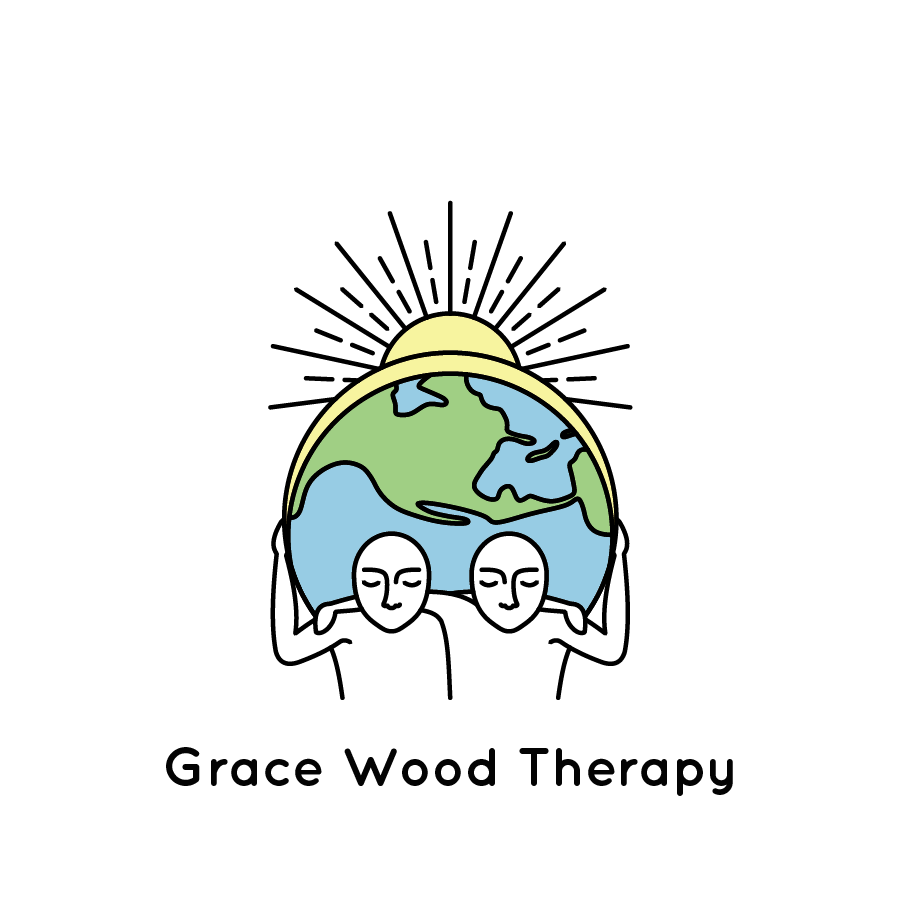Sport psychology is gaining popularity in the world of sports, and rightfully so. Research shows again and again that things like “mental toughness” are often a determining factor in who wins a competition. You can be the most prepared, strongest, and objectively best athlete and still lose. Why? Because you choke. Your mind goes blank. You make a silly mistake, and all that hard work is suddenly for nothing. It’s one of the worst feelings in the world, and I know because I felt it time and time again.
We’ve all seen athletes fall apart under pressure. The figure skater who falls—or falls again and again. The football player who fumbles the ball. The basketball player who misses the free-throw. It’s not that they aren’t good athletes—they are all extremely talented and as prepared as they can be. It’s that the enormous pressure they were under was just too much, and it got to them. With the help of a therapist, you can be more prepared for that pressure.
Below are 7 reasons athletes can benefit from seeing a therapist.
Nerves.
Being nervous before a competition isn’t necessarily a bad thing. Though most people find it unpleasant, research shows that everyone has their own “zone of optimal functioning”; this is the place that is just the right amount of nervousness for someone. Some people might need to feel really nervous for their adrenaline to be at just the right spot for them to do their best, others might need lower arousal levels to be able to focus and perform.
With therapy, we can determine what is just the right arousal level for you. With practice around mindfulness and visualization, we can work toward making sure you’re in that optimal spot before each competition or tournament. There’s no reason that being nervous or experiencing performance anxiety should keep you from doing your best, or keep you from going for it altogether.
Recovering from injury.
Getting injured as an athlete is one of the worst things that can happen, and it’s easy to feel like your career (and a huge part of yourself) is just over and done with. Many people rush through physical therapy and end up re-injuring themselves when they come back, or they lose motivation in their recovery and stop doing what they need to do. It’s easy to feel lost and depressed after an injury.
Therapy can help you work through those feelings and help you feel less isolated. Not only can it help you feel better mentally and emotionally, it can help you physically, too. Through visualization and mindfulness exercises, you can actually get better faster AND be better off when you start your sport again.
Read more about how therapy can help you after an injury here.
Motivation.
Staying motivated is no easy task. We often go into things with passion and vigor, but as time passes, we lose some of that. If you still love your sport but you’re losing that motivation, counseling can help. Let’s explore what made you choose your sport and how it fits into your identity. Let’s get that passion back.
Focus.
Are you finding that you’re zoning out during practice? Your coach speaks, but you don’t hear what they’re saying? Staying focused is a challenge for anyone, and it can take away from the quality of practice and keep you from reaching your goals.
With therapy, we can work to understand the source of distraction. There’s often other things going on in life that take us away from what we’re doing in the moment. By processing these in therapy and learning techniques to help stay focused, you can regain the quality of your practice and resume improving on your sport.
Goal-Setting.
Athletes are often ambitious in their goals, which is a good quality, but can make things overwhelming and impractical. If your goal is to go to the Olympics, that’s great! But it’s not a goal that’s going to help you move forward. It’s too broad, and there are too many parts to it that are outside your control.
There’s an art to goal-setting called SMART. Goals should be Specific (e.g., I want to run a ten minute mile), rather than vague (e.g. I want to run faster). They should also be Measurable, Attainable, Relevant, and Time bound (i.e., in one week I want to reach this goal). By learning to set goals that are realistic and reachable, athletes can experience the rush of regularly meeting goals, which increases motivation and contentment with the sport.
Body-Image.
No matter your sport, I guarantee there is a certain body-type associated with it. These body standards can create pressure and unhealthy habits. Let’s talk about the pressure to look a certain way in your sport and how that’s affecting you.
Read more about sports and body image here.
Burnout.
We’ve all seen athletes who go from loving what they do to wanting to skip practice; who don’t want to talk about sports anymore; who end up quitting with disdain for the whole institution.
Burnout is something very real in any sport, but it is avoidable and curable. Most of the time, people don’t want help with Burnout once it has hit—so let’s prevent that from happening. If you feel you’re on the road to burning out on your sport, let’s talk strategies to help you love it and feel motivated again.
I also want to remember that athletes are just people and I’m sure there are many more reasons that they could benefit from therapy. We’re all human, and we all face trauma, relationship troubles, family conflict, and things like depression and anxiety. Whatever your concern or motivation might be, therapy can have a huge impact.
If any of this is resonating with you, please contact me to schedule a free consultation.


